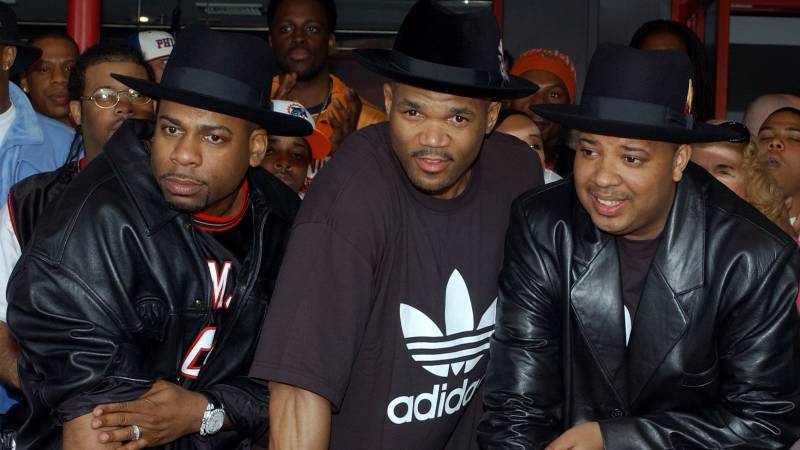Two eyewitnesses, former studio aide Uriel Rincon and former Mizell business manager Lydia High, testified that Washington blocked the door and ordered High to lie on the floor. She said he brandished a gun.
Rincon identified Jordan as the man who approached Mizell and exchanged a friendly greeting moments before shots rang out and one bullet wounded Rincon himself. Three other people, including a teenage singer who had just stopped by the studio to tout her demo tape, testified that they were in an adjoining room and heard but didn’t see what happened.
Other witnesses testified that Washington and Jordan made incriminating statements about the Mizell killing after it happened.
Neither Washington nor Jordan testified. Their lawyers questioned key prosecution witnesses’ credibility and their memories of the long-ago shooting, noting that some initially denied they could identify the attackers or had heard who they were.
“Virtually every witness changed their testimony 180 degrees,” Kellman told the judge during legal arguments.
The witnesses said they had been overwhelmed, loath to pass along secondhand information or scared for their lives.
Washington’s defense also tapped a retired psychology professor, who testified that people’s recollections of any event can become a blend of what they actually experienced and subsequently learned.
The trial shed limited light on a third defendant, Jay Bryant, who was charged last year after prosecutors said his DNA was found on a hat at the scene. They assert that he slipped into the studio building and let Washington and Jordan in through fire door in the back so they could avoid buzzing up.
Bryant has pleaded not guilty and is headed toward a separate trial.


